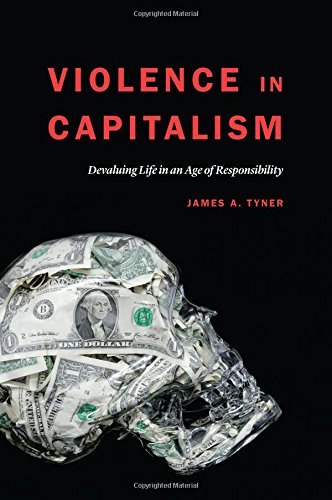

Most ebook files are in PDF format, so you can easily read them using various software such as Foxit Reader or directly on the Google Chrome browser.
Some ebook files are released by publishers in other formats such as .awz, .mobi, .epub, .fb2, etc. You may need to install specific software to read these formats on mobile/PC, such as Calibre.
Please read the tutorial at this link: https://ebookbell.com/faq
We offer FREE conversion to the popular formats you request; however, this may take some time. Therefore, right after payment, please email us, and we will try to provide the service as quickly as possible.
For some exceptional file formats or broken links (if any), please refrain from opening any disputes. Instead, email us first, and we will try to assist within a maximum of 6 hours.
EbookBell Team

4.8
44 reviewsWhat, James Tyner asks, separates the murder of a runaway youth from the death of a father denied a bone-marrow transplant because of budget cuts? Moving beyond our culture’s reductive emphasis on whether a given act of violence is intentional—and may therefore count as deliberate murder—Tyner interrogates the broader forces that produce violence. His uniquely geographic perspective considers where violence takes place (the workplace, the home, the prison, etc.) and how violence moves across space.
Approaching violence as one of several methods of constituting space, Tyner examines everything from the way police departments map crime to the emergence of “environmental criminology.” Throughout, he casts violence in broad terms—as a realm that is not limited to criminal acts and one that can be divided into the categories of “killing” and “letting die.” His framework extends the study of biopolitics by examining the state’s role in producing (or failing to produce) a healthy citizenry. It also adds to the new literature on capitalism by articulating the interconnections between violence and political economy. Simply put, capitalism (especially its neoliberal and neoconservative variants) is structured around a valuation of life that fosters a particular abstraction of violence and crime.